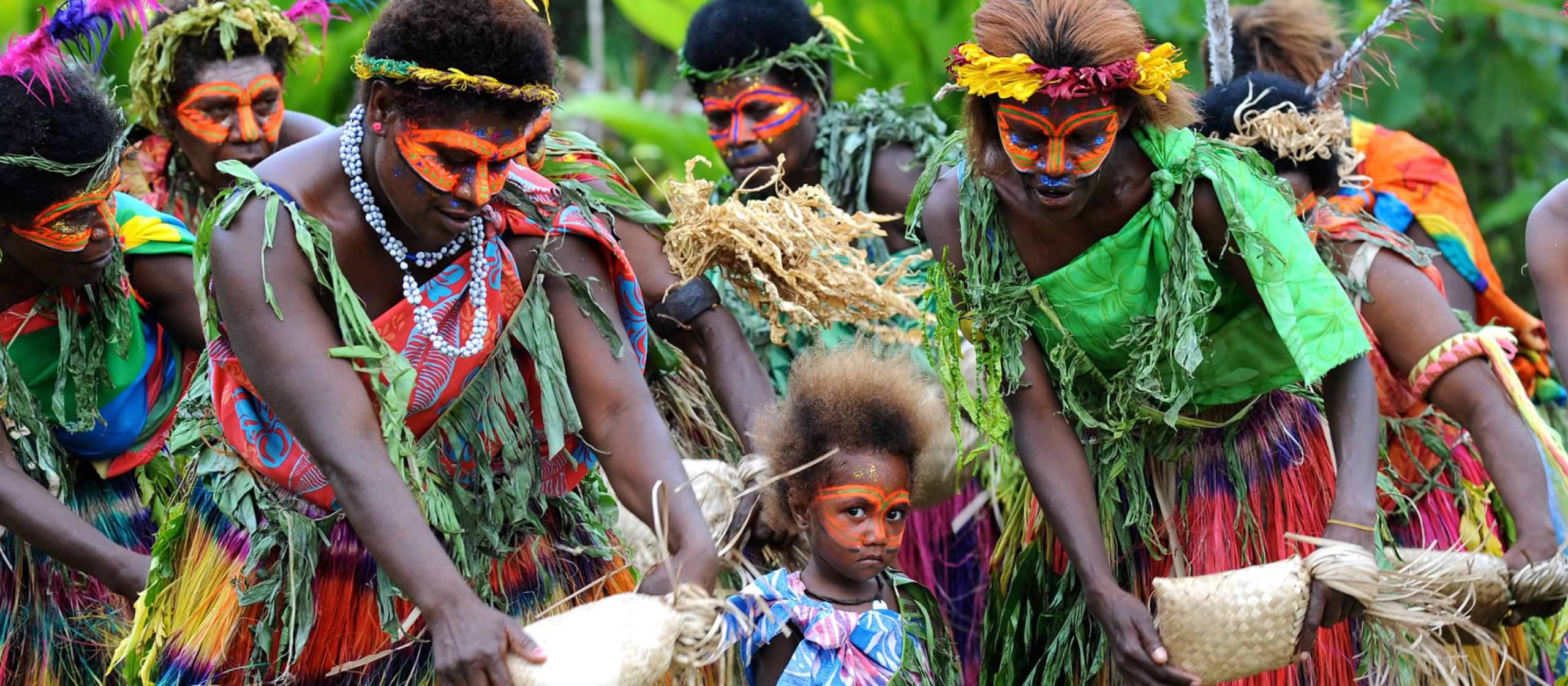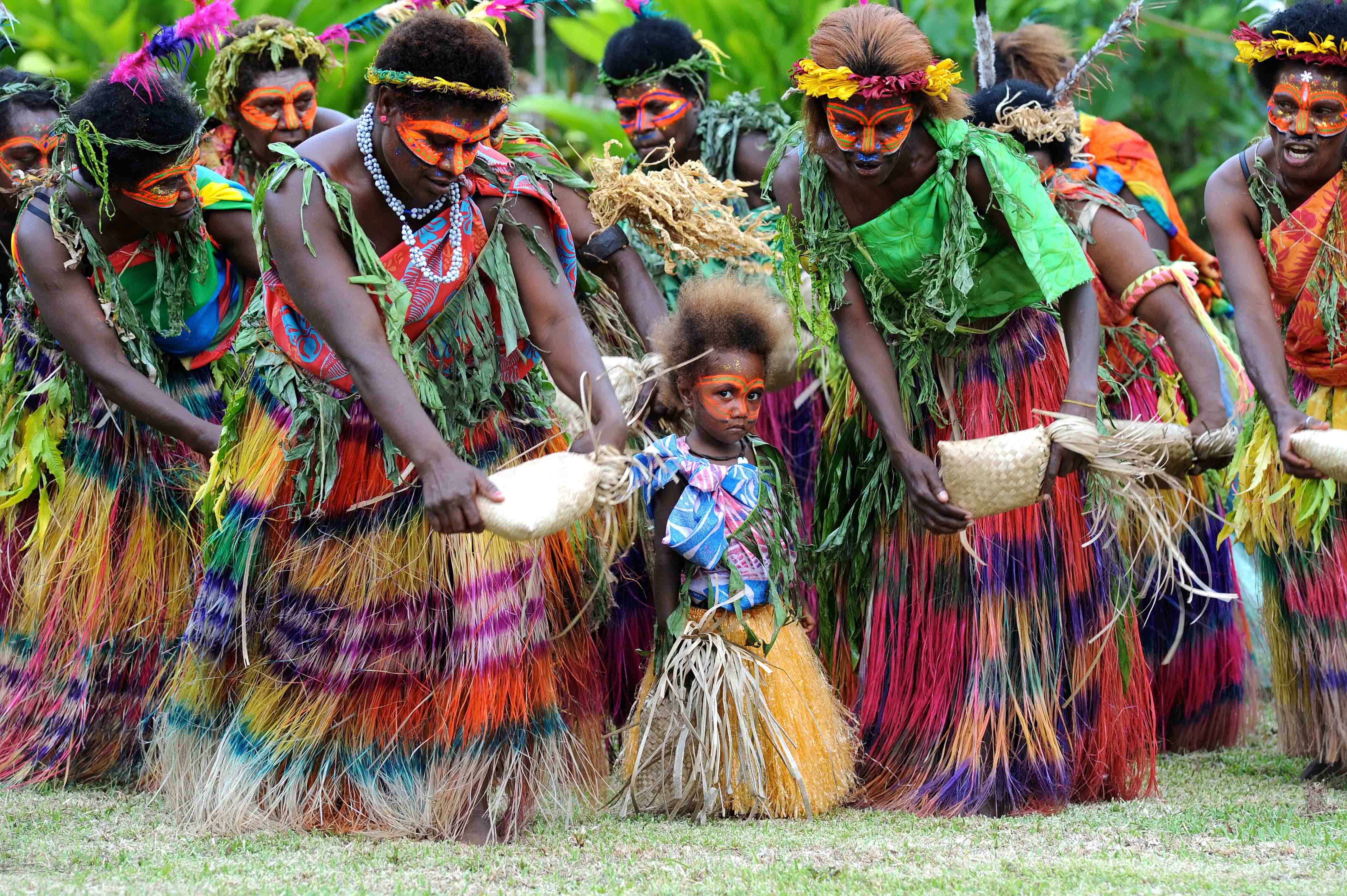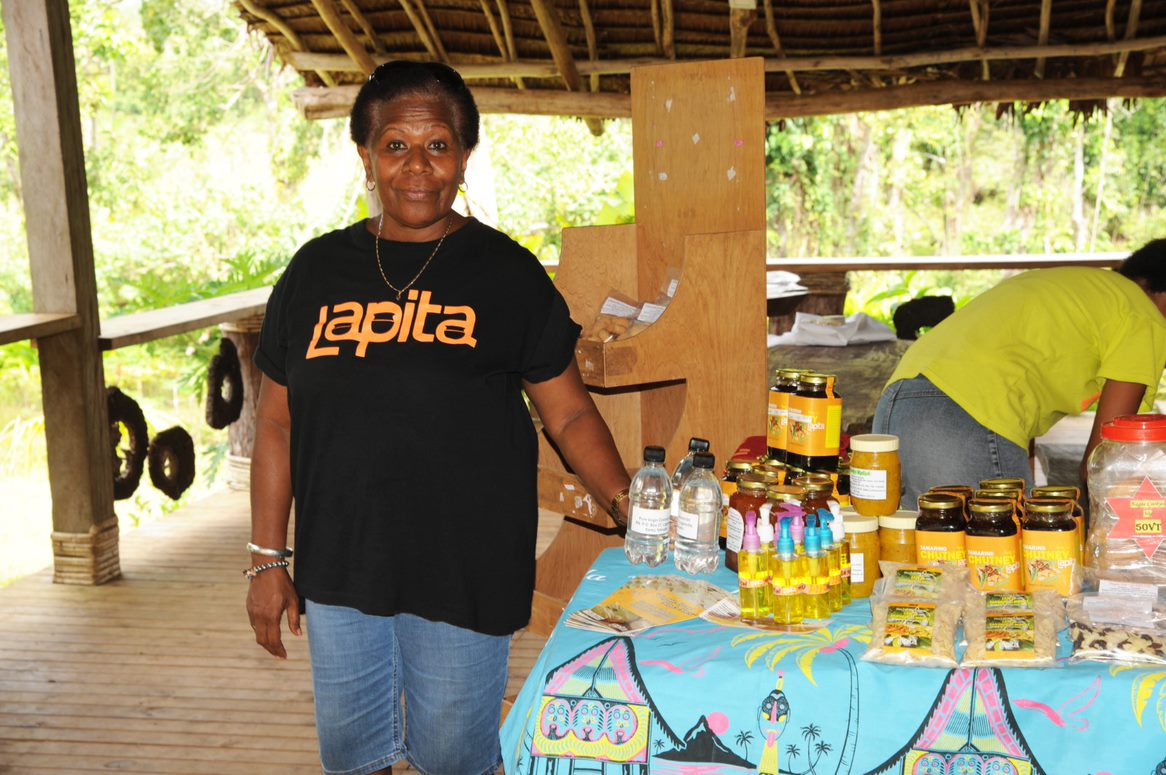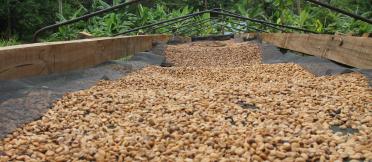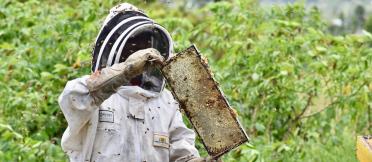Dr Cherise Addinsall, an adjunct fellow at Southern Cross University, University of the Sunshine Coast and member of the Australian Centre for Pacific Islands Research, has led the sustainability certification project for ACIAR.
‘While there are many organisations offering third-party certification for sustainable agriculture and tourism, there was an issue of accessibility when it came to auditing,’ said Dr Addinsall. ‘The process is also too expensive for many Indigenous rural smallholders and tourism businesses.’
As a result, Regenerative Vanua was formed as an Indigenous-led, not-for-profit third-party certification organisation to support the diversification of local agribusinesses and Indigenous Ni-Vanuatu people into agritourism ventures.
It does this by helping them to apply regenerative concepts to business developments based on their Indigenous knowledge systems, land sovereignty and protecting and promoting traditional and cultural knowledge.
Dr Addinsall said through third-party verification, Regenerative Vanua will ensure that Vanuatu’s regenerative agritourism operators meet core sustainability criteria set out by the Global Sustainable Tourism Council, and additional standards in regenerative agriculture. The aim is to ensure agritourism operators cause no impact to their landscapes or communities.
‘We also have a regenerative recognition pathway program that acknowledges agritourism operators that are on a regenerative pathway. We do not audit this as we believe a regenerative pathway is constantly evolving. However, we acknowledge when an operator is authentically following a regenerative journey,’ added Dr Addinsall.
Ms Laurana Rakau-Tokataake, operations manager for Regenerative Vanua, said that as a non-government organisation, Regenerative Vanua acts as a bridge between agritourism operators, communities and the relevant government agencies seeking to support resilient, diversified and regenerative rural development.
‘Regenerative goes further than “sustainable” because it ensures the diversity, quality of production, vitality and health of the soil, plants, animals and people improve together.
‘It’s not about minimising damage of income earning activities, it’s about building on our traditional knowledge to improve the wellbeing of our people, communities, the land and ecosystems,’ said Ms Rakau-Tokataake.
